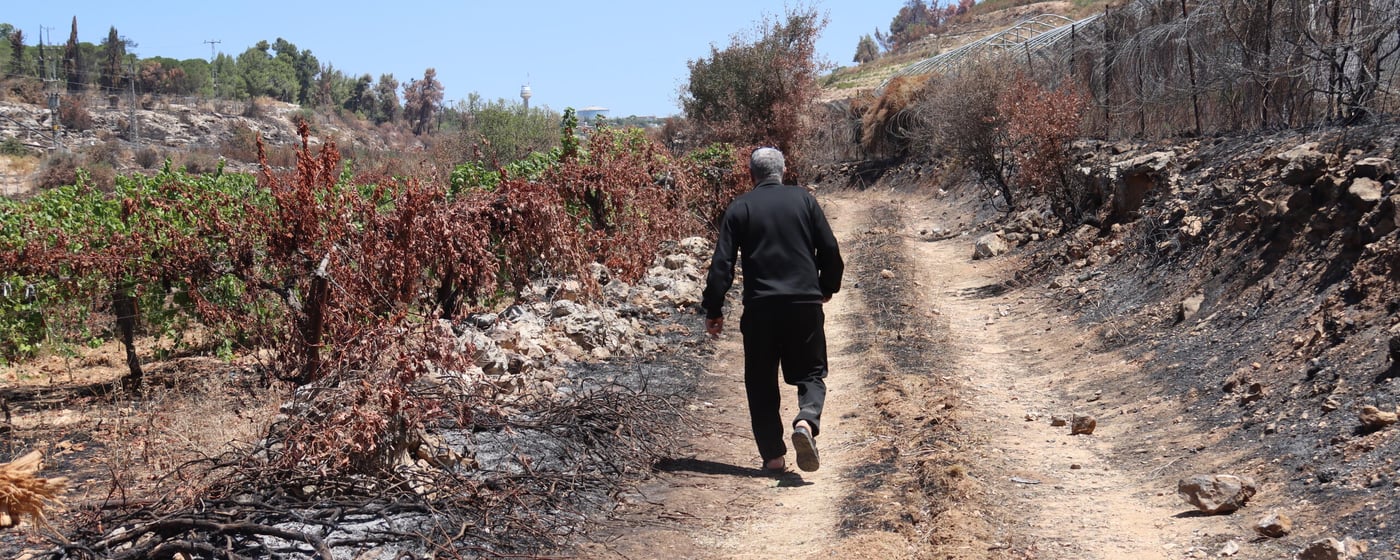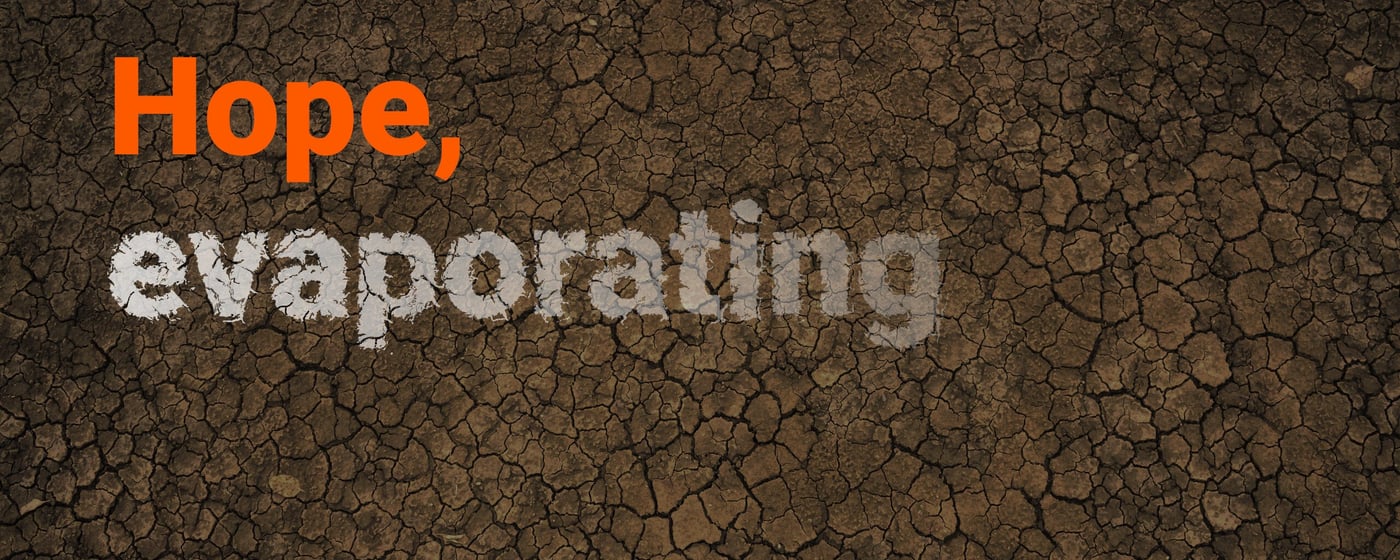Entering the 57th year of Israel’s occupation of Palestinian territory and its settlement project, the international discourse on the latter has typically focused on the illegality of Israeli settlements and, increasingly, acts of violence perpetrated by their residents. This is understandable, given the scale of the settlement project, the severity of the legal violation it represents and the intensification of settler violence during the project’s lifespan.
However, while these issues undoubtedly demand sustained attention and urgent address, it must be recognised that the severe harm resulting from settlements is not limited to population transfer, annexation of territory, or acts of physical or psychological violence.
One example of such harm is the profound impact that settlements have on the surrounding natural environment and, in turn, on Palestinian communities forced to live in their shadow. This harm is multifaceted. Fertile tracts of land that once sustained Palestinian agriculture have been transformed into sprawling concrete neighbourhoods, clanking industrial zones, and their associated civilian and military infrastructure. Swathes of native trees have been bulldozed as part of widespread deforestation, soil has been compacted and degraded, and countless natural habitats destroyed.
As the Government of Israel accelerates the transfer of its citizens into the occupied West Bank, the settler population rises and settlements grow to accommodate the increase. With this continued construction and expansion—undertaken with resources unlawfully extracted from the occupied territory—comes a rapid increase in the settlement project’s environmental footprint.
This report considers one specific act within this footprint: the discharge of untreated or inadequately treated settlement wastewater onto Palestinian lands. Though this receives far less attention than settlement growth figures or settler attacks, the harm resulting from this practice is severe and pervasive.
This report is not intended as a comprehensive environmental impact study, but a review of the experiences of two Palestinian communities living with the effects of wastewater discharge. In exploring this issue, quantitative, empirical data is analysed to understand the nature of the threat posed, combined with qualitative data collection to map the human impact.
Specifically, the report investigates how wastewater discharge can shape the daily lives of farmers, landowners and residents; exacerbate already declining socio-economic conditions; and erode their relationship with their ancestral lands. These impacts are then situated within the broader contexts of Israel’s ongoing forced displacement of Palestinians, its undermining of Palestinian capacity to withstand climate change, and the associated detrimental impacts on the human rights of Palestinians.
In drawing attention to the environmental and socio-economic impact of settlements, this report calls upon stakeholders to understand the destructive, multi-layered effects of the settlement project, and to prioritise and actively pursue its dismantling.
Read more:



